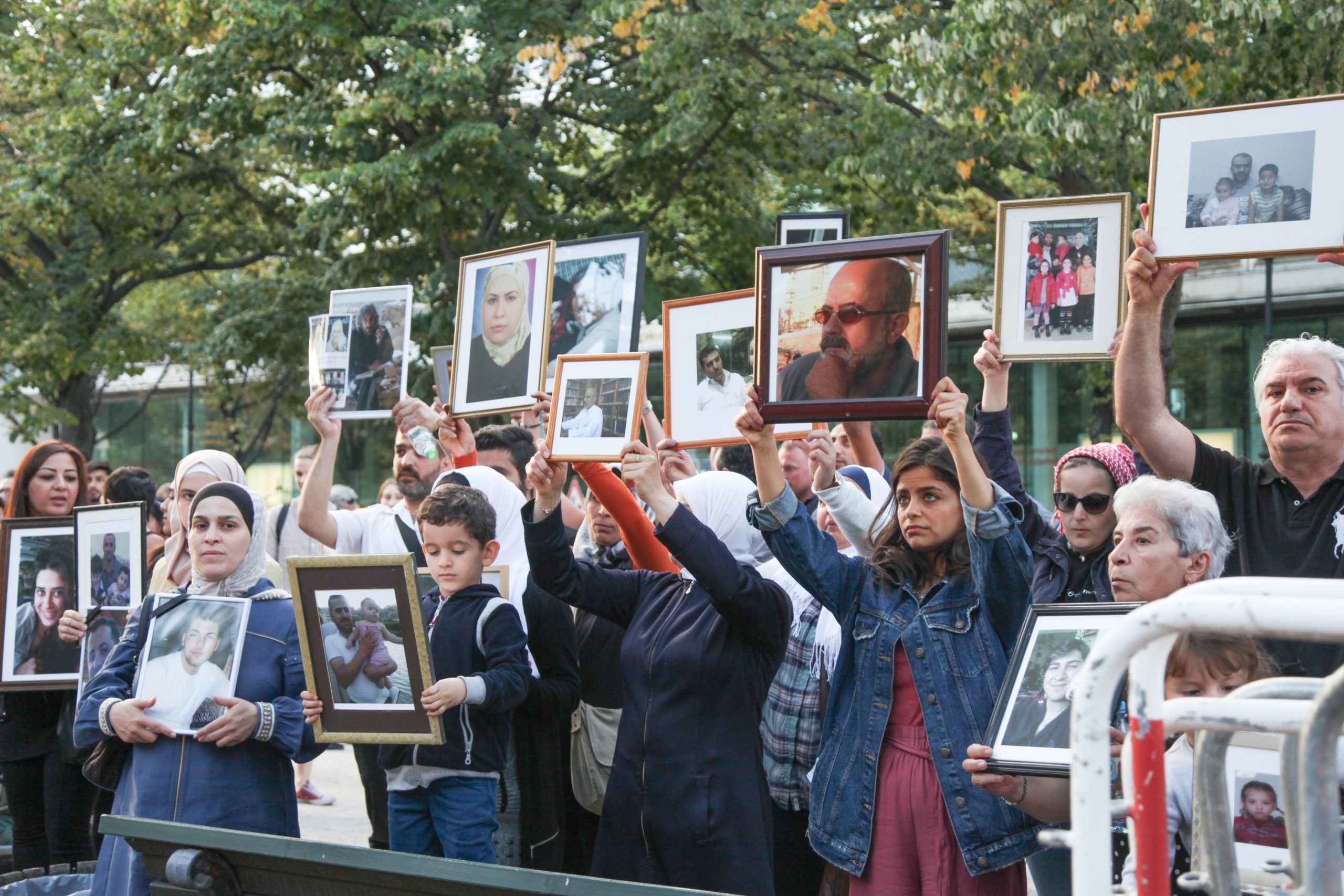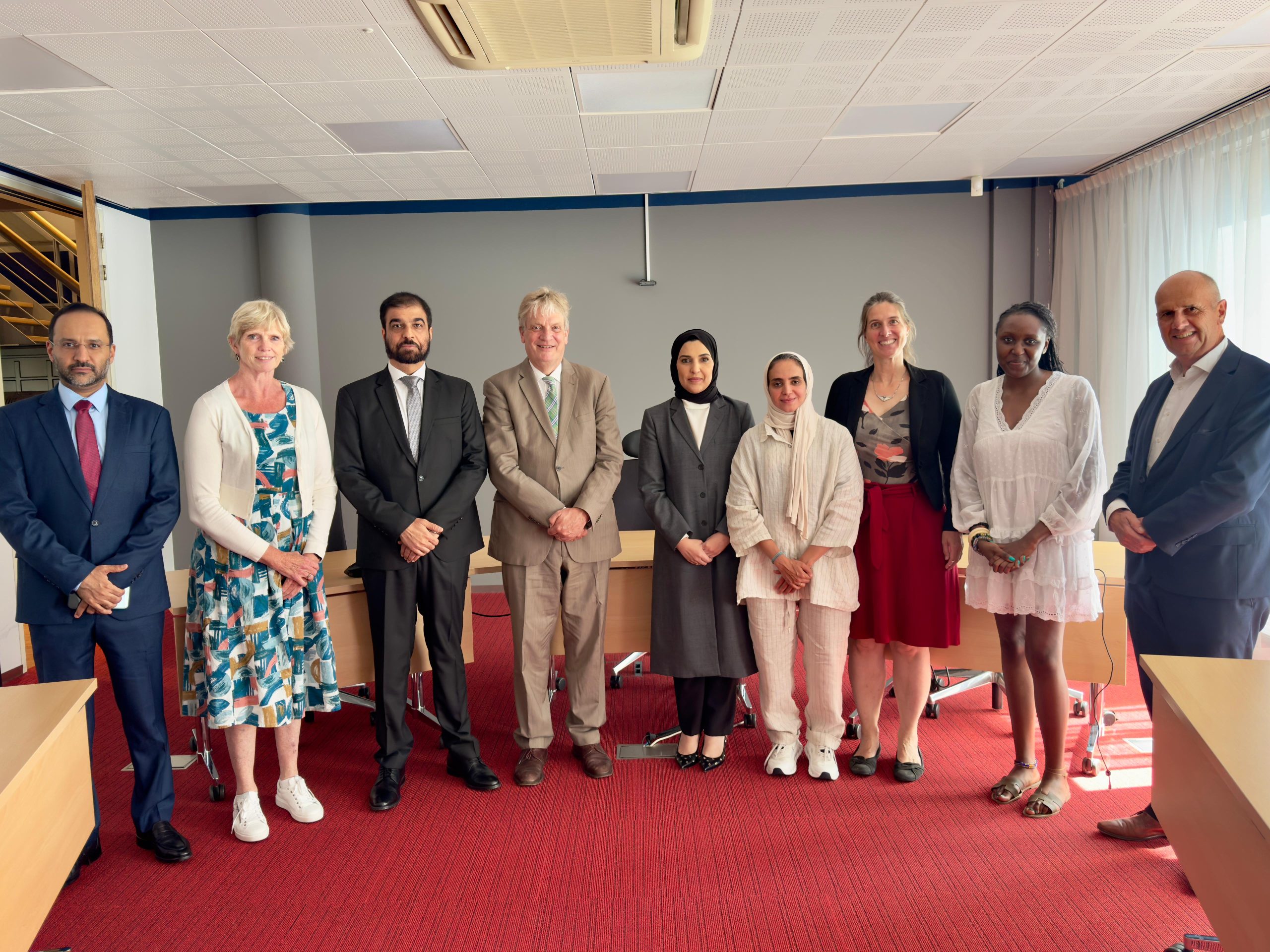
While many Qatar residents enjoy reduced working hours during Ramadan, one segment of the population often sees its load increase exponentially – domestic workers.
In the Gulf, this is often one of the busiest times of the year for migrants working as cooks, cleaners and nannies.
For some, it can also be an emotionally stressful period because they are isolated from their families, a local migrant rights group has said.

To raise awareness, Migrant-Rights.org is launching a campaign encouraging residents in Qatar and across the region to give domestic workers adequate time off during this month.
“Very often, I don’t think employers of domestic workers intend to treat them badly, but get caught up in their own schedules, are very busy and aren’t aware,” Vani Saraswathi, an advisor with Migrant-Rights.org, told Doha News.
She said she hopes that the new campaign will inspire more families to grant their house helpers adequate leisure time, include them in social activities and allow them to speak with family members in their home countries.
Other organizations are also working to draw attention to the issue.
In a recent op-ed published in the Huffington Post, Human Rights Watch researcher Rothna Begum described the daily schedule of some housekeepers in the Gulf:
“Many domestic workers in the Middle East are expected to help host large iftar meals to break fasts. They work during the night when families can eat, and during the day to clean and take care of children … One 42-year-old Filipina domestic worker in the United Arab Emirates told me, ‘During Ramadan I would go to sleep at 3am and would wake up (to work) at 5:30 am.’”
Begum added that Gulf-based embassies of labor-sending countries often report high numbers of women fleeing their employers especially during the Ramadan season.
Not enough rest
Locally, a spokesperson for the Philippines embassy in Qatar told Doha News that the diplomatic mission has not seen a spike in complaints from its citizens working in the Gulf state during Ramadan.

However, the head of Qatar’s Search and Follow-up Department at the Ministry of Interior has previously said that his officers deal with more domestic workers during this time of year.
“Yes, many maids tend to run away from their employers during Ramadan because of heavy workload. They don’t get enough rest,” Brig. Nasser Al Sayed said in 2012.
Even outside of the fasting month, domestic workers in Qatar are estimated to work more hours a week than those in any other job in the country.
Maids, nannies, cooks, cleaners and other house helpers are not covered under Qatar’s labor law, which leaves them particularly vulnerable to abuse at the hands of their employers, Amnesty International said in a 2014 report.
It also means they have limited legal recourse in such cases.

Earlier this year, a badly beaten Indonesian women was held in Qatar’s Search and Follow-up detention center – which is typically used to hold expats awaiting deportation – after being released from hospital. She was eventually able to return home.
Saraswathi said it is rare that such cases are publicized in Qatar, arguing that there is generally less media coverage of domestic worker issues here than in Saudi Arabia, Bahrain or Kuwait.
As part of her organization’s Ramadan campaign, Saraswathi and her colleagues are speaking to newspaper columnists across the GCC and encouraging them to write about the subject. The hope is that such coverage would prompt more employers to think more carefully about how they treat their employees.
Saraswathi also argued that more nuance is needed on the subject, saying that discussions are often highly polarized and either revolve around employers being classified as horribly abusive or as housekeepers being seen as untrustworthy.
Unmet expectations
Outside of the Ramadan project, her organization is undertaking a wider campaign that involves speaking with employers in informal, off-the-record group conversations.

One of their early conclusions is that there is a need to change recruitment practices to reduce the “huge gap” in expectations on the part of both employers and domestic workers.
For example, some recruitment centers promise families employees with specific skills, such as first aid, cooking and the ability to speak English fluently.
In practice, however, the women “are not being trained for what the employer is asking for,” Saraswathi says.
On the other side, the women who sign up to work in the Gulf are often promised shorter work hours, higher pay, more personal mobility and even a completely different job than what actually awaits them, she added.
“(Some women) come to Gulf thinking that she’s just going to clean a house. Then she arrives and is expected to take care of children, cook, etc. Some of them just don’t have the skills, or are not interested,” Saraswathi said.
Conflict can arise when both employers and their employees are let down, she added.
“There is a real need to change the recruitment practices and orientation in the countries of origin.”
Thoughts?







